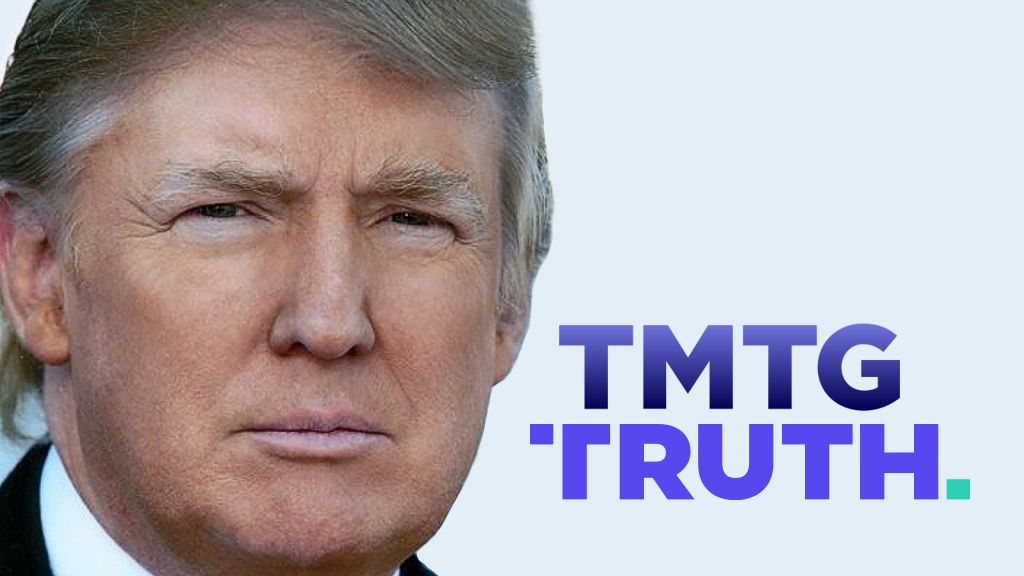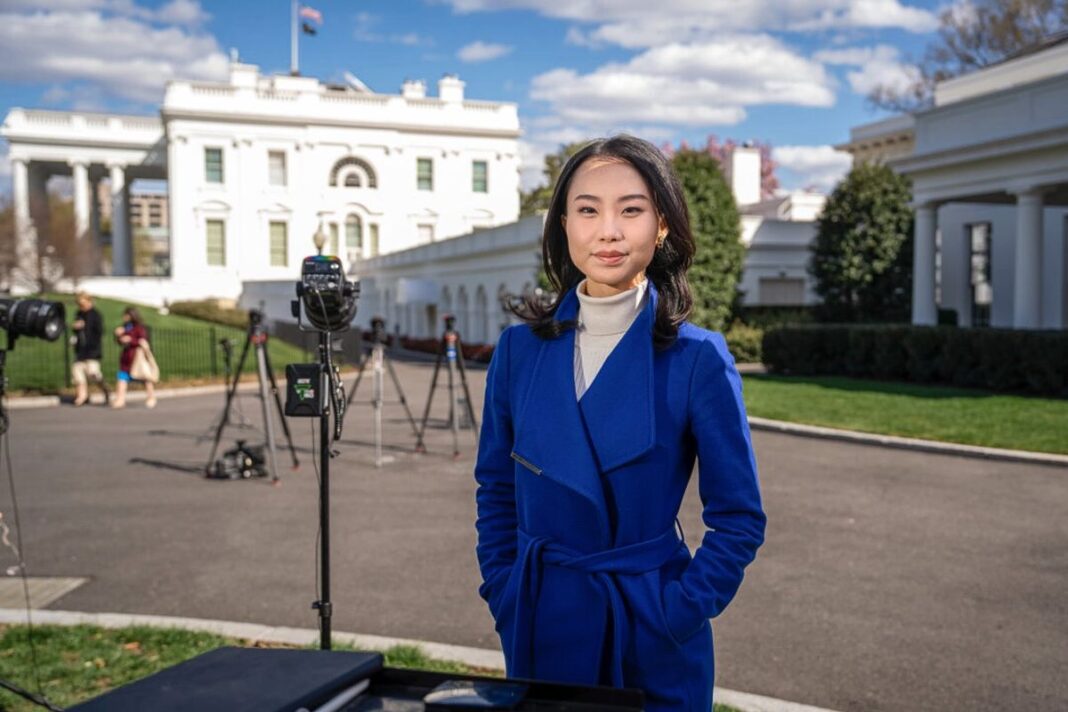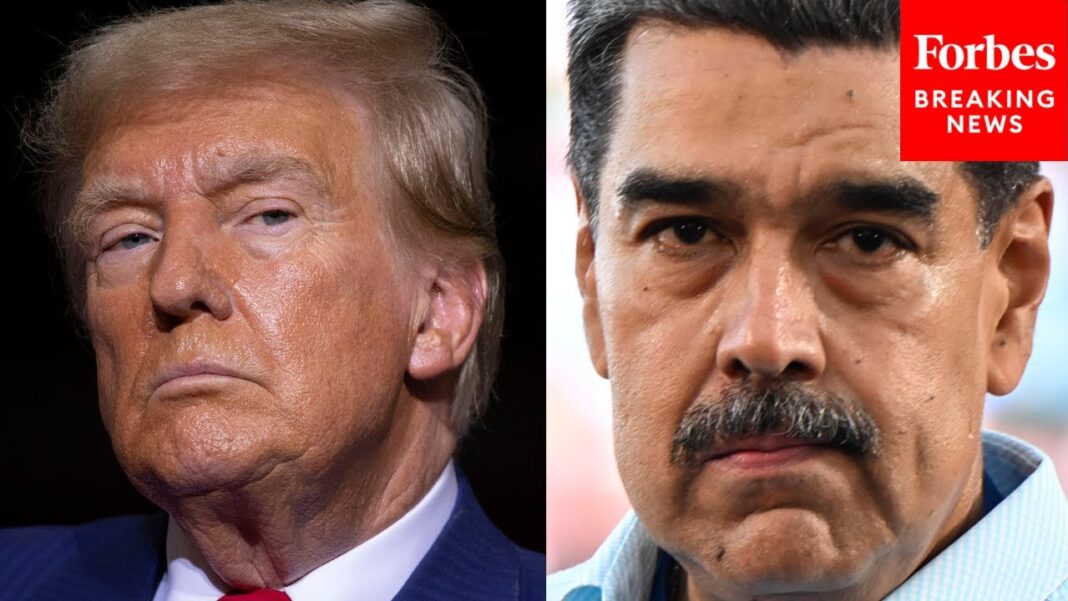Purchases include a diverse array issued by U.S. companies, cities, counties, states, hospital authorities, school boards, and water and gas supply districts.
President Donald Trump has been an active investor in the bond market since returning to the White House in January.
New documents from the U.S. Office of Government Ethics (OGE), filed Aug. 12 and totaling 33 pages, reveal that the president has purchased more than $100 million in corporate, state, and municipal bonds.
The broad estimates show debt purchases from large U.S. companies, including Citigroup, Home Depot, Meta, Morgan Stanley, T-Mobile, UnitedHealth Group, and Wells Fargo.
Other holdings cover a diverse array of bonds issued by cities, counties, states, hospital authorities, school boards, and water and gas supply districts.
While the disclosure did not provide a total dollar figure for each of the almost 700 transactions, the purchases ranged from as little as $1,001 to as high as $1 million. Trump did not report any sales.
All federal elected officials and appointees who trade stocks, bonds, commodity futures, and other investment securities are mandated to report to the Office of Government Ethics.
Treasury Secretary Scott Bessent, for example, reported 24 sales of various exchange-traded funds (ETFs) and companies since January, the latest filings show.
According to the latest tally by Forbes magazine as of March, Trump’s net worth is $5.1 billion. The president’s fortunes have fluctuated significantly over the years, amid political and legal developments, as well as market shifts.
Over the last two years, Trump has increased his net worth through his stake in Trump Media & Technology Group Corp. and various cryptocurrency ventures.
Bucking the decades-long trend, the president refrained from divesting or transitioning his financial assets into a blind trust overseen by an independent manager. His vast business empire, The Trump Organization, is overseen by two of his sons, Eric Trump and Donald Trump Jr.
Although his predecessors have divested their assets that could be viewed as potential conflicts of interest, federal ethics law does not mandate presidents to do so.
By Andrew Moran








